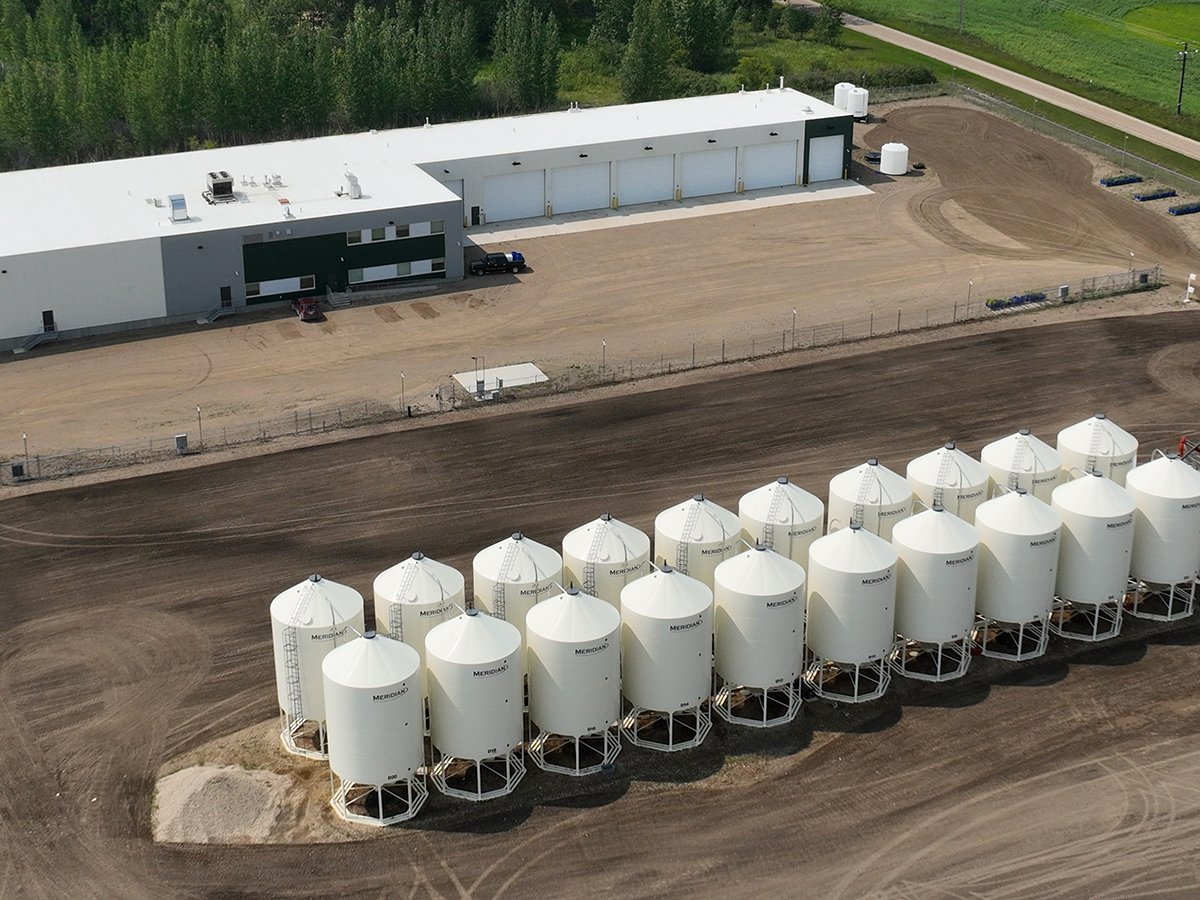PARIS, France (Reuters) — French lawmakers approved plans for a total ban on widely used pesticides blamed for harming bees.
The move goes beyond European Union restrictions in a fierce de-bate that has pitched farmers and chemical firms against beekeepers and environmental groups.
The EU limited the use of neonicotinoid chemicals two years ago after research pointed to risks for bees, which play a crucial role pollinating crops.
Crop chemical makers say the research blaming neonicotinoid pesticides is not backed up by field evidence, and a global plunge in bee numbers in recent years is a complex phenomenon due to multiple factors.
Read Also

Saskatchewan firm aims to fix soil with compost pellets
In his business, Humaterra, Leon Pratchler is helping farmers maximize yields in the weakest areas of their fields through the use of a compost pellet.
Meanwhile, farmer groups say no viable alternatives exist, and a full ban would put France at a disadvantage to other crop producing countries in the EU.
The outright ban on neonicotinoid pesticides was adopted by a narrow majority in mid-March by France’s National Assembly as part of a draft bill on biodiversity that also contains an additional tax on palm oil.
However, the measure would not come into effect until Sept. 1, 2018, later than the January 2017 deadline previously proposed by some lawmakers.
The proposed neonicotinoid ban still needs to be passed by the French Senate, which rejected it in a previous reading, before a final vote in the National Assembly expected in the middle of the year.
The full ban was backed by French environment minister Segolene Royal, who is also in favour of phasing out glyphosate in a EU review that has split member countries.
“This decision will prepare us for the future and protect bees and the role they play,” Royal said.
“Research and development of substitute products has to accelerate.”
Agriculture minister Stephane Le Foll, who had warned that a unilateral French move on neonicotin-oids could hurt farmers in the EU’s biggest crop producing country, said he welcomed the deferred 2018 deadline.
Le Foll has been piloting a wider French plan to halve pesticide use, but he put back by seven years the initial target for reaching that goal in the face of rising farm chemical use, partly because of weather patterns such as a wet summer two years ago that increased crop disease.
Bayer said the parliamentary vote was a setback for farmers.
“Some farmers are going to find themselves in a dead-end regarding crop protection … and could see their harvests fall by 15 to 40 percent depending on the crop,” it said.














